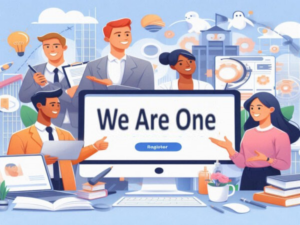Disinformation – rampages
Disinformation on the internet is complex and can lead to various negative outcomes, including extreme cases such as rampages:
Pizzagate Shooting (2016): The Pizzagate conspiracy theory falsely alleged that high-ranking Democratic officials were involved in a child sex trafficking ring centered around a pizzeria in Washington, D.C. Despite being debunked, the theory persisted online and led to a shooting at the pizzeria by a man who believed he was rescuing children. Fortunately, no one was injured.
Christchurch Mosque Shootings (2019): The perpetrator of the Christchurch mosque shootings in New Zealand was heavily influenced by online far-right and white supremacist content. His manifesto, which was posted online before the attack, echoed many white supremacist talking points and conspiracy theories, indicating how online radicalization can lead to real-world violence.
Charlottesville Car Attack (2017): During the “Unite the Right” rally in Charlottesville, Virginia, a white supremacist deliberately drove his car into a crowd of counter-protesters, killing one woman and injuring several others. The rally was organized by various far-right groups and attracted individuals who had been radicalized by online propaganda promoting racist and anti-Semitic ideologies.
Inspiration by Terrorist Groups: Various terrorist organizations, such as ISIS, have utilized social media platforms to disseminate propaganda and recruit individuals to carry out attacks. Disinformation and radicalization through online content have played a significant role in inspiring lone actors to commit acts of terrorism in different parts of the world.
COVID-19 Misinformation and Attacks on Healthcare Workers: Throughout the COVID-19 pandemic, misinformation and conspiracy theories about the virus, its origins, and the effectiveness of preventive measures have spread rapidly online. In some cases, healthcare workers and medical facilities have been targeted with violence by individuals influenced by false beliefs about the pandemic.
These examples underscore the dangerous consequences of disinformation when it spreads unchecked on the internet. They highlight the need for robust efforts to combat misinformation and promote digital literacy to prevent such tragic incidents in the future.






